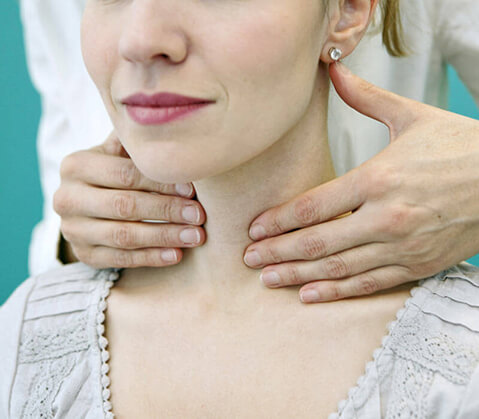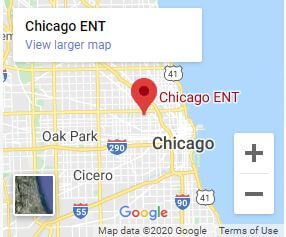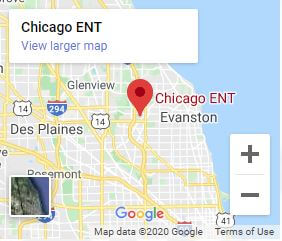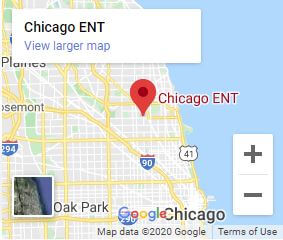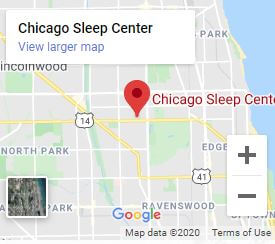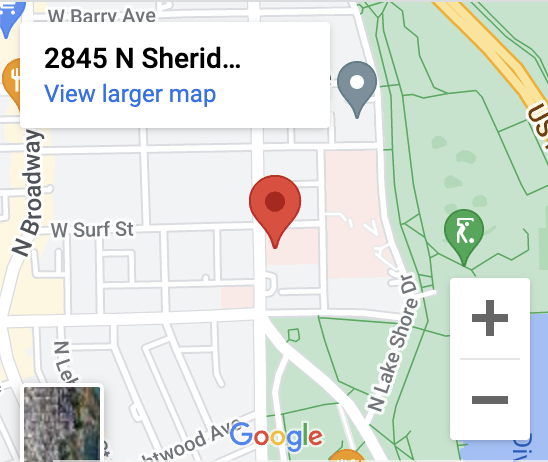Do you sneeze frequently? Is your nose often stuffy or runny?
If so, you may have nasal allergies. When you have allergies, you need an effective solution to return to the activities you love.
A nasal endoscopy is an essential diagnostic tool to help your ENT specialist evaluate your nasal and sinus passages. Using a nasal endoscopy will help them determine the best allergy treatment tailored to your needs.
Keep reading to learn more about nasal allergies and how a nasal endoscopy can help with allergy management.
What are Nasal Allergies?
Nasal allergies or allergic rhinitis is an allergic reaction to certain airborne particles called allergens. An allergic reaction occurs when your immune system overreacts to allergens that are otherwise harmless to most people.
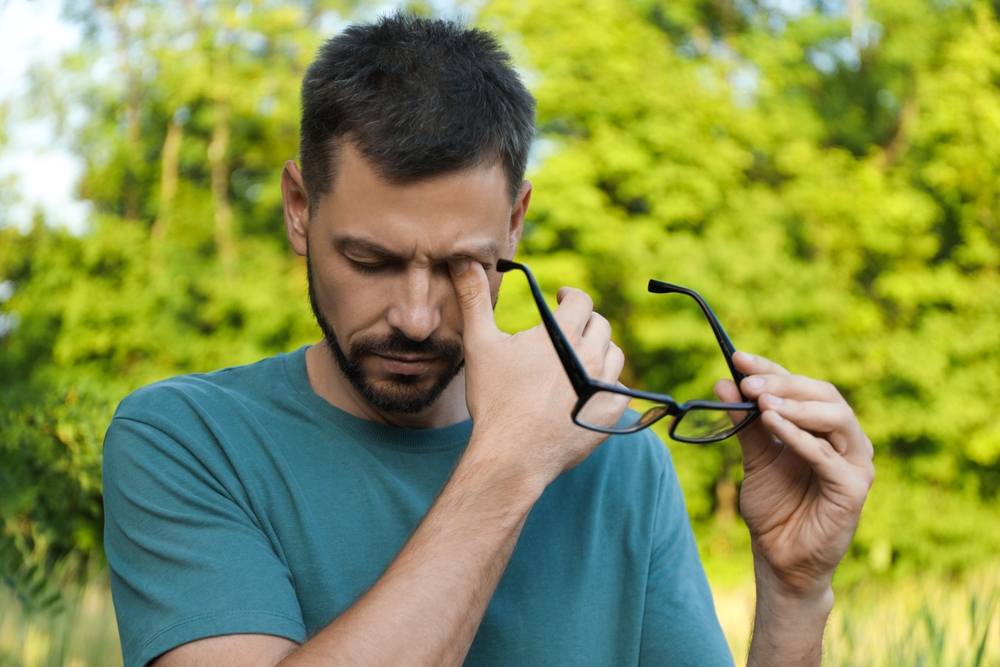
Common allergens include:
- Pollen
- Dust mites
- Pet dander
- Mold spores
- Cockroach saliva and droppings
Your immune system considers an allergen dangerous and creates an inflammatory response to eliminate the perceived threat. On exposure to your allergic trigger, your immune system releases a series of chemicals, including histamine.
Histamine can cause inflammation or swelling and increase mucus production. It can also lead to sneezing, a runny nose, and other symptoms synonymous with allergies.
Allergies can be seasonal or year-round. Seasonal allergies only flare up at specific times of the year, like fall or spring.
Year-round or perennial allergies are caused by exposure to allergens present throughout the year.
Symptoms of Nasal Allergies
The hallmark symptoms of nasal allergies include:
- Sneezing
- Runny or stuffy nose
- Headache
- Snoring
- Coughing
- Wheezing
- Itchy nose, throat, or ears
- Red, itchy, watery eyes
Post-nasal drip that occurs when mucus builds up and moves down the back of your throat, often causing a cough, sore throat, or congestion.
These symptoms typically begin soon after exposure to an allergen and may range from mild to severe.
Nasal Allergies and Nasal Polyps
Allergies usually go hand in hand with nasal polyps. You’re more likely to develop nasal polyps if you have allergies.
Recurring allergic reactions can lead to chronic inflammation. When the mucous membranes that line your sinus cavities and nasal passageways are inflamed frequently or over a long time, it may lead to the formation of nasal polyps.
Nasal polyps are small fleshy, non-cancerous swellings that grow from the lining of your sinuses or nose. They can worsen or contribute to your allergy symptoms, make you feel unwell, and could contribute to a lower quality of life.
Early on, you might not experience any symptoms. But as the nasal polyps become more prominent, you may have the following symptoms:

- Runny nose
- Cough
- Headache
- Snoring
- Toothache
- Nosebleeds
- Trouble sleeping
- Post nasal drip
- Facial pressure or pain
- Decreased sense of smell or taste
- Difficulty breathing through the nose
You may need to have your allergies treated in several different ways, which can include the treatment of nasal polyps. Treating nasal polyps can help manage your symptoms.
Your ENT specialist at Chicago ENT may recommend a nasal endoscopy to determine the best way to treat your allergies.
Nasal Endoscopy
A nasal endoscopy is a simple procedure that lets your ENT specialist see a clear picture of your nasal and sinus passages. It can identify signs of allergies in your nasal passages, like inflammation and swelling.
A nasal endoscopy can also help detect the presence of nasal polyps that may contribute to your allergy symptoms. Your ENT specialist can create an effective treatment plan tailored to your needs from the information gathered.
What to Expect During a Nasal Endoscopy
Nasal endoscopy is a safe, minimally invasive diagnostic tool using a thin, flexible tube with a camera and light. It captures magnified, detailed images that are projected onto a screen.
You’ll sit on a chair with a head support during the in-office procedure. Your ENT specialist at Chicago ENT will numb your nose with a local anesthetic.
They may also apply a decongestant. Numbing your nose will ensure the procedure doesn’t hurt.
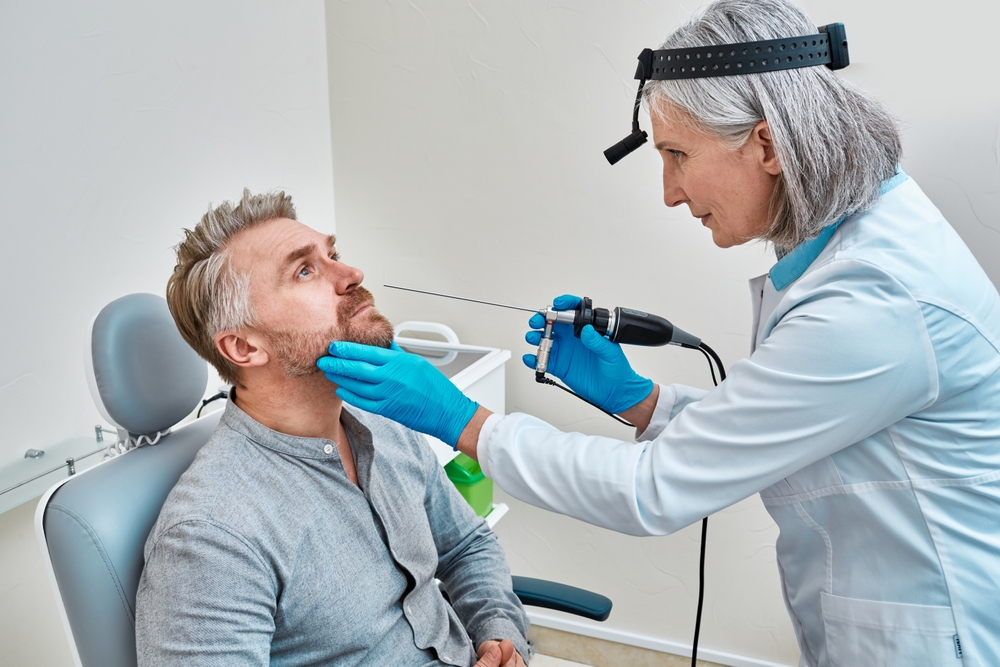
The decongestant will help minimize swelling. That way, the endoscope will easily pass through your nasal membranes.
Next, your ENT specialist will insert the endoscope into your nose, one nostril at a time.
You may experience some slight pressure as the tube is inserted. If you feel a sneeze coming on, let your ENT specialist know.
They will carefully guide the endoscope through your nasal and sinus passages, viewing the images in the areas they’re examining on a screen. They will check for swelling, inflammation, and blockages, like nasal polyps.
The procedure takes around 5 minutes or less.
Benefits of a Nasal Endoscopy
Allergies with nasal polyps can cause frustrating symptoms, from facial pain and pressure to loss of smell and other symptoms. A nasal endoscopy lets your ENT specialist immediately evaluate the problem and know what’s causing your runny nose and other frustrating symptoms.
From there, they can provide the proper treatment, ensuring you find lasting relief throughout the year. Undergoing a nasal endoscopy enables your ENT specialist to offer comprehensive care, which is crucial for optimal treatment outcomes.
Breathe Easier with a Nasal Endoscopy
At Chicago ENT, our experienced ENT specialists are experts in allergy management. We may recommend a nasal endoscopy for patients living with allergies.
The procedure can help us create a treatment plan for long-term relief from recurring allergy problems. Are allergies disrupting your everyday life?
Schedule your appointment today at one of Chicago ENT’s convenient locations to determine whether you need a nasal endoscopy. You deserve to breathe better, so why wait any longer for relief?





